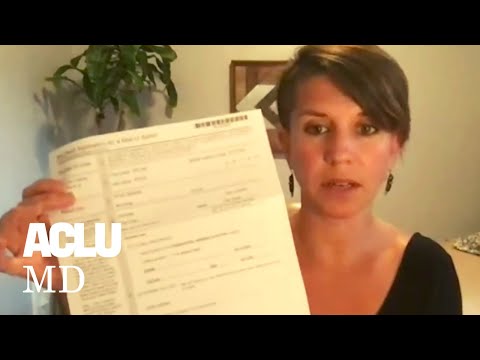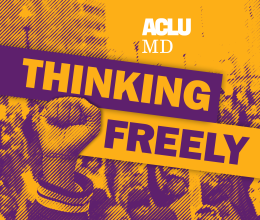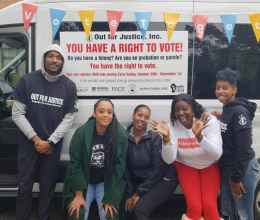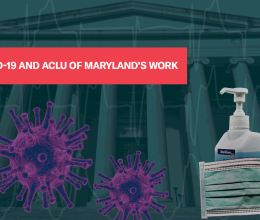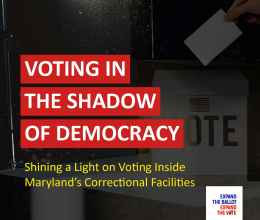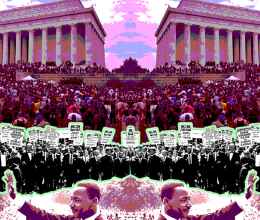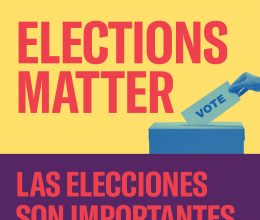
We get an array of questions on social media every day and on our Election Protection Hotline. Where can I vote? When can I vote? Can I vote if I have been incarcerated?
We decided to make a video to help our readers understand everything they need to know to go out and vote. Check it out.
When it comes to voting, there is a buffet of options in Maryland: mail-in voting, early voting, voting on Election Day, using drop boxes, etc. If you want to have your ballot mailed to you, be sure to request a mail-in ballot.
Do not request online delivery for your ballot. The machines cannot read those ballots, so poll workers must enter them manually and there is always risk of human error.
Mail-in ballots come with pre-paid envelopes, which is a great bonus. To return your mail-in ballot, you can send it through mail or even pop it in a drop box. Drop boxes will be available from September 28th to November 2nd by 8 pm. You can find the location of your local drop box by visiting your local Elections website. You can even put voter registration forms and mail-in ballot applications in drop boxes. They will get picked up twice a day.
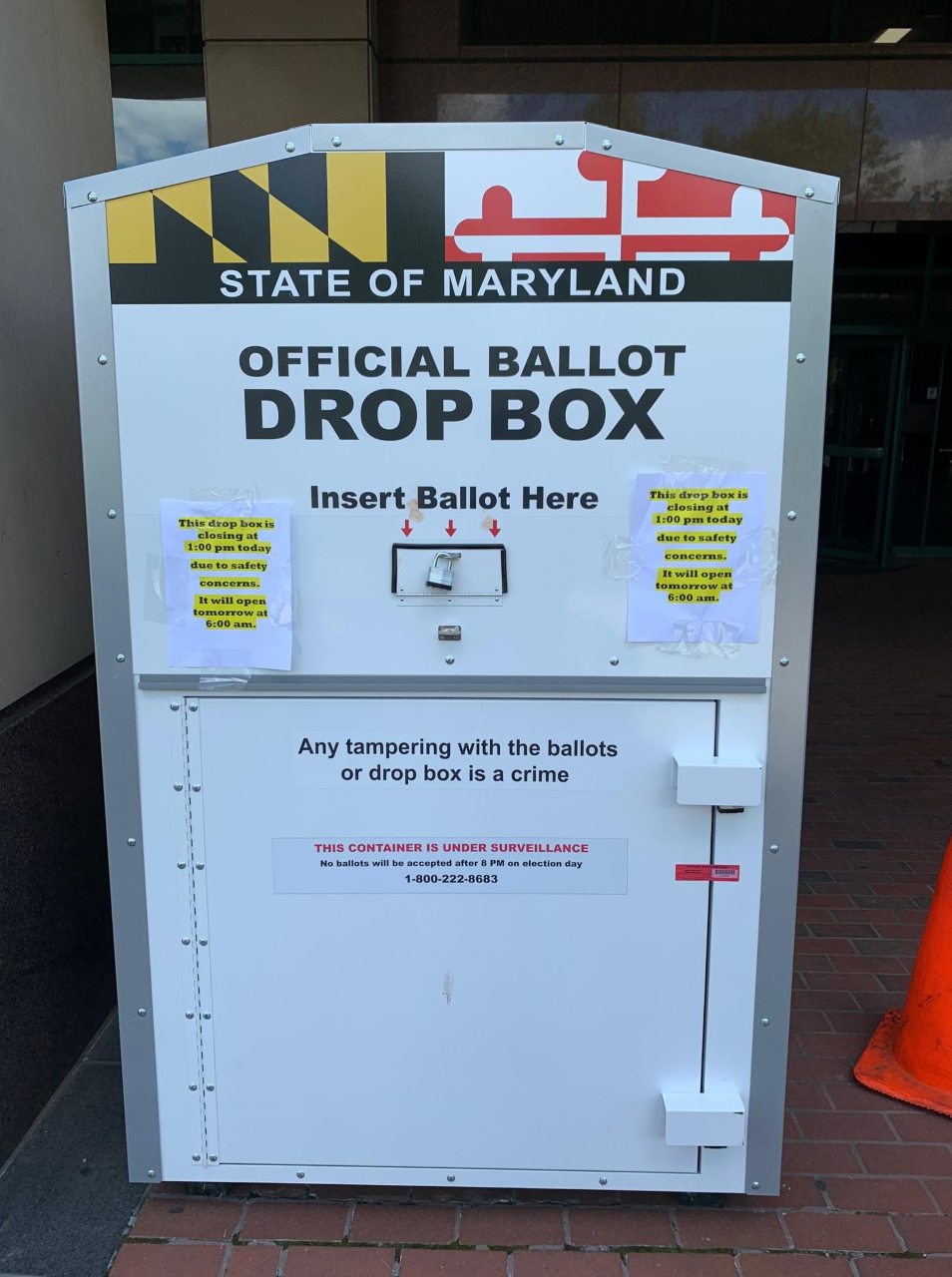
Picture of a Maryland official ballot drop box. It is a white, rectangular shaped box with the State of Maryland name and flag on it and it says Official Ballot Drop Box and insert Ballot Here. There is a small opening in the middle with three red arrows.
If you’d like to see all of the deadlines and instructions for how to vote, send your registration form, request a mail-in ballot, and more, click here.
Want to vote in person during early voting to avoid the lines (and do your part to keep the lines short) on Election Day? Use this tool to find your polling places.
For both mail-in voting and in-person voting, the earlier the better. That way you lessen the risk of running out of time, standing in line, or possible last-minute changes caused by COVID-19. However, if you don’t mind lines, then voting on Election Day is still an option.
While we believe mail-in voting is currently the safest option to vote this election year, we do share concerns about the delays in postal service. We even wrote an action alert about this issue. If you’d like to tell the Senate to save the U.S. Postal Service, please sign onto our letter here.
If you request and receive your ballot early, you will have the option to return it by mail or use one of your local drop boxes, which again will be checked twice a day.
There is this myth out there that mail-in voting is fraudulent. Some people worry that ballots could go to the wrong address, for instance. But there are many layers of protection if this does happen.
There are tracking numbers and audits and internal flagging systems to indicate if the same name, ballot, or tracking number was used more than once. It is not as simple as copying a ballot or stealing your neighbors’ mail.
Voting fraud of that kind is not a concern here in Maryland (in fact there’s no evidence of it ever happening here.) Plus, there are severe penalties for forging a signature and voter fraud. So, we are not worried about it and neither should you be.
There is another, more serious myth that needs to be busted: that if you have a criminal record, you have lost your right to vote. We want to be very clear: if you are not currently serving a sentence of incarceration for a felony conviction, you can vote. Even if you are in jail and have not yet been convicted, or if you are incarcerated but the conviction isn’t for a felony, you can vote.
This dangerous myth has its roots in our racist history. Going back to the Jim Crow era, felony disfranchisement laws were created to intentionally weaken the political power of Black people. It was also during this time that law enforcement began to target and incarcerate Black people who were newly freed. In the past,Maryland permanently disenfranchised people who had felony convictions, but it’s important to know that this law has been abolished.
Many people also believe that their vote doesn’t count or that voting doesn’t matter. This can be due to many reasons ranging from sentiments like “voting isn’t activism” or “voting doesn’t change anything in the community.” The ACLU stresses that voting can supplement your activism. And if your vote didn’t count, why are so many people trying to keep people from voting through confusion, intimidation, and undermining trust in our voting systems?
One of the core values of our country as a democracy is that everyone has a say in our government. Unfortunately, in the past, voting was treated as a privilege, only reserved for white men with land. We are continuing to dismantle barriers to political power placed on Black, Indigenous, and communities of color. Voting is a voice, and the voices of Black, Indigenous, and communities of color must be heard.
No one should have to jump through hurdles to have their voice heard. We strive for a future where voting rights are fully restored, including to all those Marylanders who are currently serving sentences for felony convictions, and where access to voting is safe and equitable for all. But for now, together, during this important election, let’s fully exercise the rights we do have and vote.
If you have any questions, concerns, or problems voting, please call our Election Protection Hotline at 443-399-3229. Please leave a voicemail if no one picks up. We’ll try the best we can to help you find the help and answers that you need.
